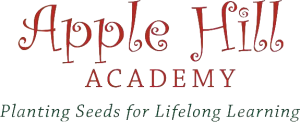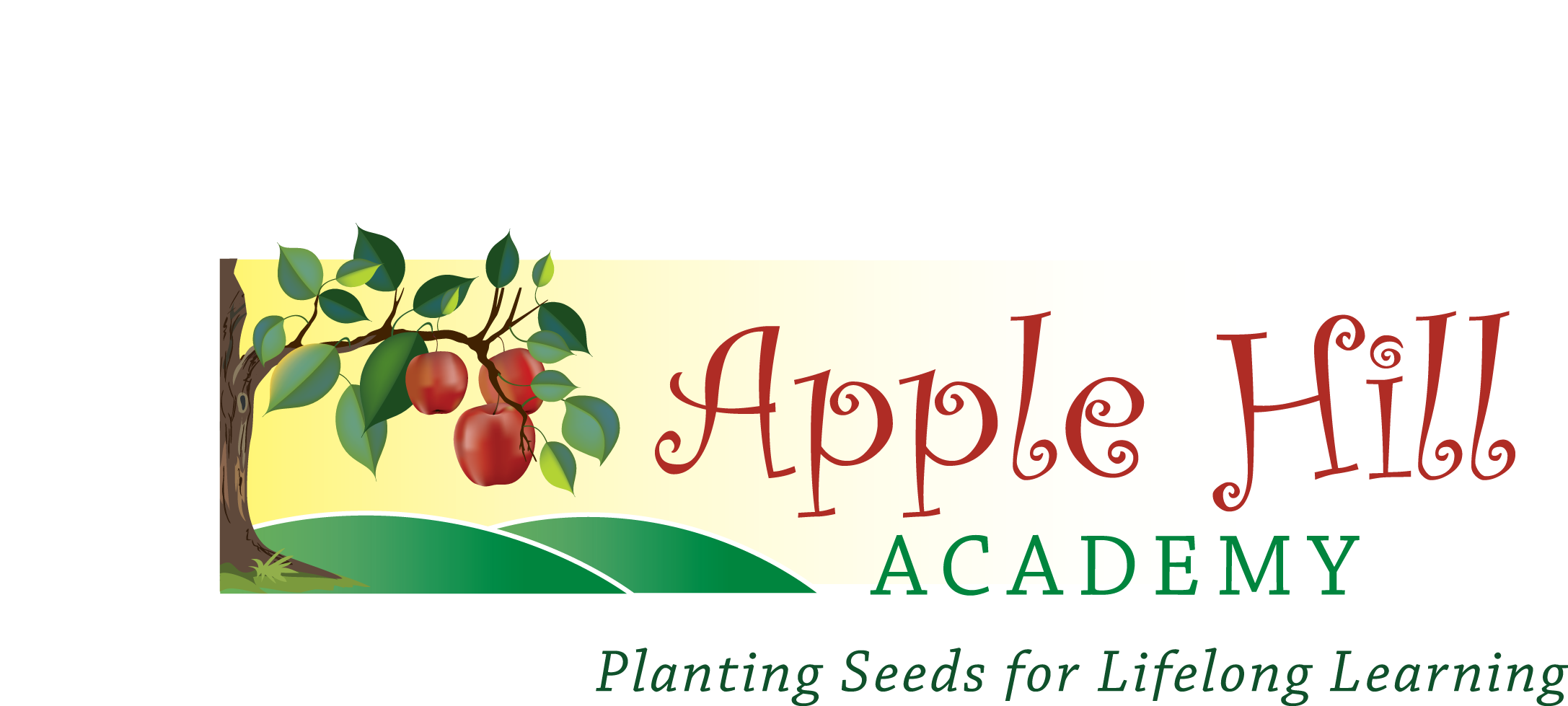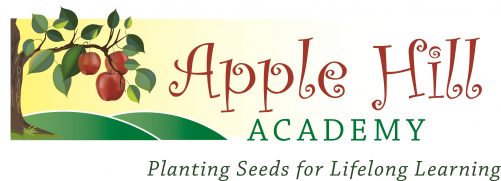At the Apple Hill Academy, we lovingly refer to the tremendous developmental leaps that a child’s personality and intelligence undergo between the first and second year of life as “The Terrific Twos;” many parents and less-experienced child care centers, however, know it by a different name altogether.
How Trust Can Prevent the Terrible Twos
It may sound odd to say that you need to trust more to deal with what clearly seems like a series of behavioral issues, but that is almost always the case. Before we go on, it is important to note that if you are reading this blog, then you are – without a doubt – a good parent. You, yes, you are a good parent. Think about this, let it sink in, and remind yourself of it later.
Trust Yourself
As mentioned above, we believe that any parent willing to read a blog specifically dedicated to early childhood education simply must be a good parent. So here’s our advice: Trust yourself. Will you always be perfect? No, of course not, but you will make far more correct than incorrect decisions and learn from every mistake you encounter along the way. Think about what you know now that you wish you’d knew when you first had your baby; difficult as it is to imagine, one day you’ll look back on your current self with the same wistful knowing – but also with acceptance. You see, it’s a good thing that you aren’t all-knowing and constantly have the answers to the puzzle that is your child, we would even argue that it makes you a better parent. In any case, your child needs you to trust in your own ability to see them safely through this change in development.
Trust Experience
Most parents only get to witness early childhood development a handful of times, at most. Throughout history, however, countless mothers and early childhood educators have safely seen their children through this and other developmental stages and we’ve been able to track specific patterns and behaviors that correlate to this age. What this essentially means is that your child isn’t the first baby in history to suddenly develop a penchant for saying “no” more than “yes.” The behaviors so commonly associated with the poorly-named terrible twos are actually series of developmental hurdles that your child is attempting to reconcile with the tools their brain is making available. By trusting that your child can, and will, pull through this stage and be better for the struggles they are encountering, you can see a light at the end of the tunnel.
Trust Your Child
Yes, trust your child. Often as not, they know exactly what it is they want in the moments they are being ornery, and it may not be what you think. A child may throw a tantrum for something that seems mundane or rational to you, but seems terribly out of order and wrong for them. If you allow them the chance to take part in the discovery of the mundane and the rational, you may find that your child becomes an active participant in overcoming tantrums. There are countless examples of instances when we think one course of action is no different than another, but remember that your brain is fully developed and theirs is only just beginning to, meaning that they may not see it that way.
Trust Us
At the Apple Hill Academy in Howell and Freehold, our caring staff is proud to be fully attuned to making your child’s experience at this delicate developmental age into a terrific, not terrible, time. Our state-of-the-art early childhood education center is solely focused on seeing your child learn and grow in a safe environment.


